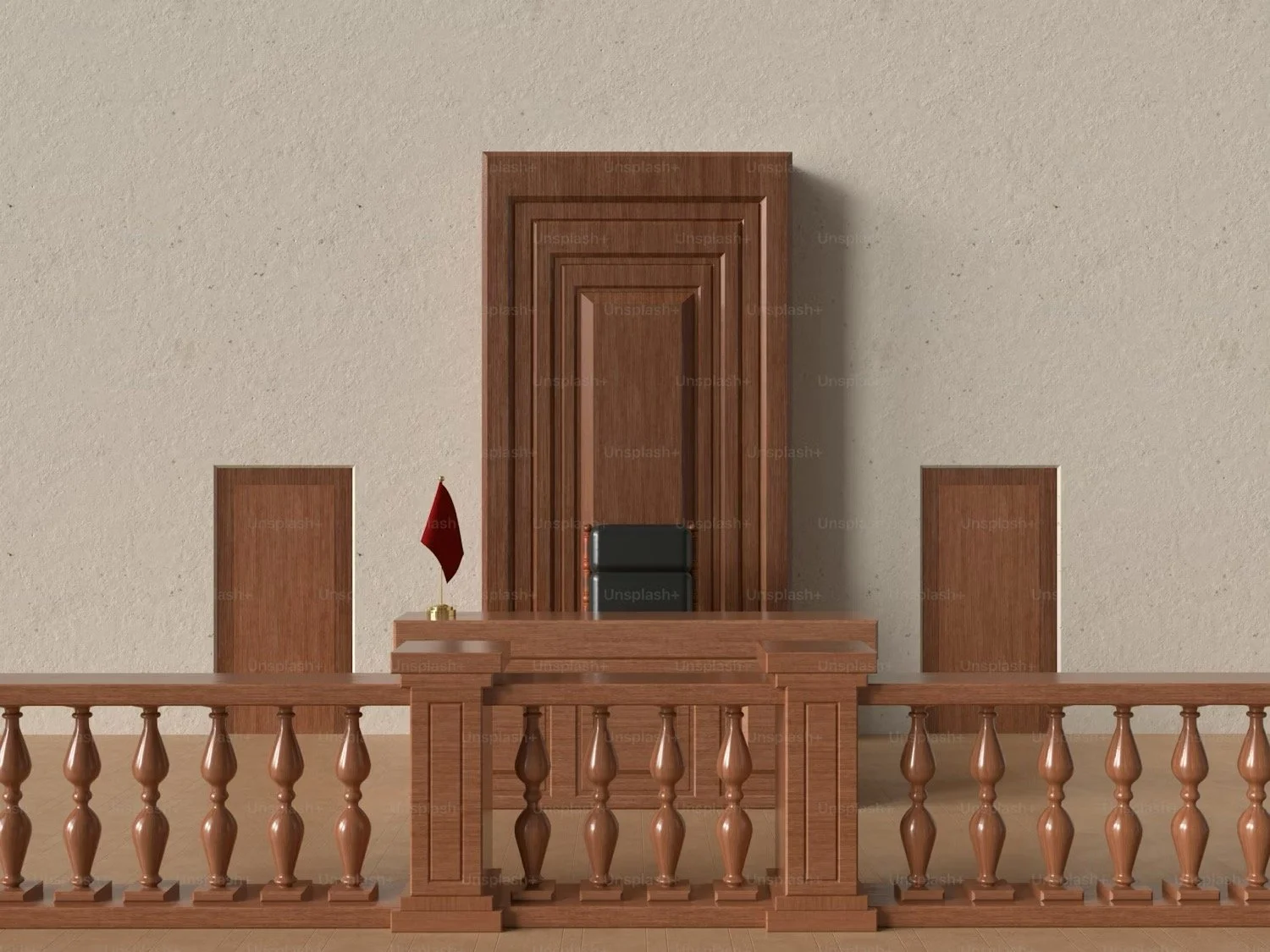Readings for today: John 1:1-3, Psalms 8, 104
Words. Words are important. They are essential to communication. We use words to express ideas, give shape to thoughts, and bring definition to the world around us. We use words to convey meaning and purpose and values. Words have power. The power to hurt and the power to heal. The power to hinder and the power to help. The power to curse and the power to bless. When we use words well, the world around us experiences life and love and joy and peace. When we use words poorly, the world around us experiences death and hatred and grief and violence. Words are critical to understanding our world and our place in it. Words are vital in discerning truth. Words are the key to learning wisdom.
As important as our words are, they are ultimately finite. They are limited. They cannot begin to describe the majesty and glory of our Creator. Our words fail when it comes to describing God. We can use every word that has ever existed in every language throughout human history around the globe and still not scratch the surface of God. He is beyond human words and human expression and human language and human understanding. This is why we need the Word.
Word. The Word is different than human words. The Word is God’s expression of Himself. God’s revelation of Himself. God communicating Himself to us in a language we can understand. Jesus is the Word of God incarnate. The Word of God made flesh and blood. But He has always been the Word. He was present and active at creation, speaking the universe into existence. He was present and active even before creation, existing in eternal fellowship with the Father and the Holy Spirit. One God, Three Persons, Blessed Trinity. In the beginning was the Word. John is deliberately recalling the opening words of Genesis to convey a fundamental truth. The Word is God. The Word is with God. The Word is the Creator God. And all that has come into being was made by Him and through Him.
This is a stunning revelation. Almost all of the creation narratives of the religions of the ancient world involved a great war between good and evil. Good typically wins and dismembers evil, thus creating the world and all that is in it. Creation birthed in conflict. The universe formed by violent processes from the beginning. Much of modern science would agree though they would depersonalize and demythologize it. The Big Bang is a violent explosion that results in a rapid expansion of matter. Stars are formed when molecular clouds collapse under the weight of their own gravity thus creating the conditions for nuclear fusion. When massive stars reach the end of their lives, they can turn into black holes with a gravitational pull so intense nothing can escape, not even light itself. Meteors pummel moons and planets throughout our solar system. Asteroids cruise through the universe primed for collision. It’s not a safe environment at all. So one can understand why the ancients believed what they believed.
This is what makes the creation story in the Bible so remarkable. God speaks the world into existence. God tames the chaos through Word not power. God makes everything good. God sets everything in order. God rests on the seventh day. There is nothing analogous to it in any other religion in the world. It’s one of the many reasons to believe it is divine revelation not human myth. It’s simply not credible to think that any human being or human society would come up with this on their own.
Readings for tomorrow: Genesis 3-5




